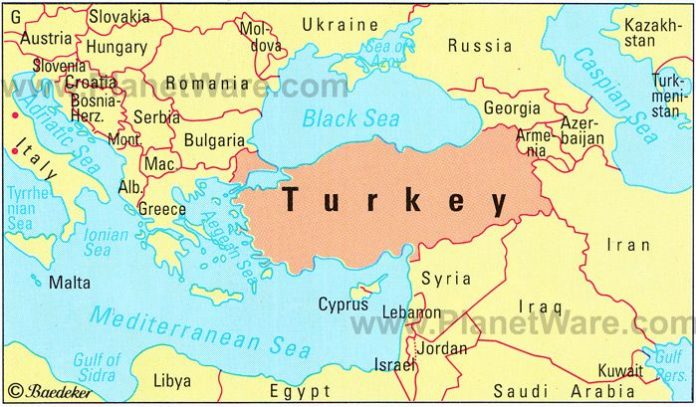By Axel Corlu
ISTANBUL (Ahval) — Despite Turkish President Recep Tayyip Erdogan’s ability to sell what he sees as his government’s achievements to the public, Turkey’s current posture in the eastern Mediterranean and Middle East is dire, and his increasingly desperate foreign policy maneuvers have the potential to spark more conflict in an already volatile region.
Turkey has pursued an aggressive and expansionistic policy in its region for the last decade. Even Ankara’s “zero problems with neighbors” era, which preceded the far more ambitious and belligerent current foreign policy, was fraught with the problems of Neo-Ottomanism and Pan-Islamism – offshoots of a much older school of imperialist thinking.
The spike in the Turkish government’s adventurousness can be traced back to the 2016 coup attempt, which gave the Erdogan government the domestic carte blanche it had long sought.
The government’s strategy for creating an impression of foreign policy success domestically, and thereby cornering most opposition parties, is through a discourse that emphasizes national interest.
This vague but extremely useful term has had a crippling effect on the various opposition factions in the country, as they are unable to formulate a counter-narrative without appearing to be unpatriotic.








